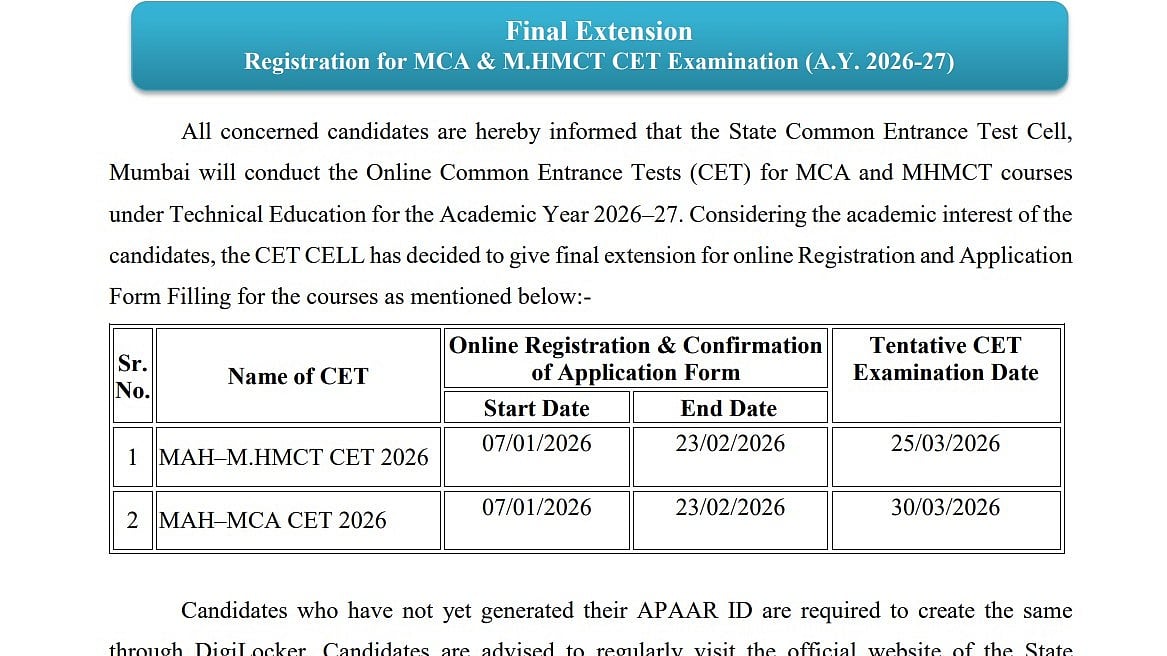At the recently concluded Cannes Lions International Festival of Creativity, Leo Burnett India won a Grand Prix award in the Sustainable Development Goals category for Procter & Gamble’s campaign called ‘The Missing Chapter’ for its sanitary napkin brand Whisper.
“A Grand Prix for Whisper ‘The Missing Chapter’ is a massive win, but especially winning it in the category of Sustainable Development Goals is right where we want our work to shine. At Leo Burnett, we believe that creativity can transform human behaviour and our work for Whisper does exactly that – spreading period education to help girls stay in school. As I always say, the only way to predict the future is to build it yourself,” said Rajdeepak Das, CEO & Chief Creative Officer, South Asia, Leo Burnett.

Dheeraj Sinha and Rajdeepak Das of Leo Burnett celebrate with the team at Cannes | File
Commenting on the campaign, aimed at keeping girls in school during their periods, Dheeraj Sinha, CEO, Leo Burnett, South Asia & Chairman, BBH India, said, “About 23 million girls fall off the education system because they lack period education. Whisper has the purpose of ‘Keeping Girls in School’. This is a purpose that impacts the society and brand both. We have been building this platform over a period of time through multiple initiatives and ‘The Missing Chapter’ is an important initiative towards keeping girls in school. It's real in its impact. And the work winning a Grand Prix for Sustainable Development Goals at Cannes makes us immensely proud and reiterates our commitment towards the cause.”
ABOUT THE CAMPAIGN:
GRAND PRIX: WHISPER ‘THE MISSING CHAPTER’
Periods are considered a taboo subject in India. No one in society, not even mothers, talk about it. For the same reason, no school ever imparts education on periods. Left with no source of information on how to manage their periods, a devastating 23 million girls drop out of school after puberty, every year.

Together with P&G’s Whisper, Leo Burnett designed a chapter ‘The Missing Chapter’ that explained the simple biology behind periods, and petitioned the Government to include it in school books.
The team worked with local artists to adapt the chapter in 28 native art styles and diverse languages, and put it out on school and village walls across the country, so no girl could miss it. The red paper became a powerful symbol of period revolution in India, appearing everywhere in the media.

The campaign was validated when, in a historic decision, the Government of India committed to include the missing chapter on periods in public school books.




